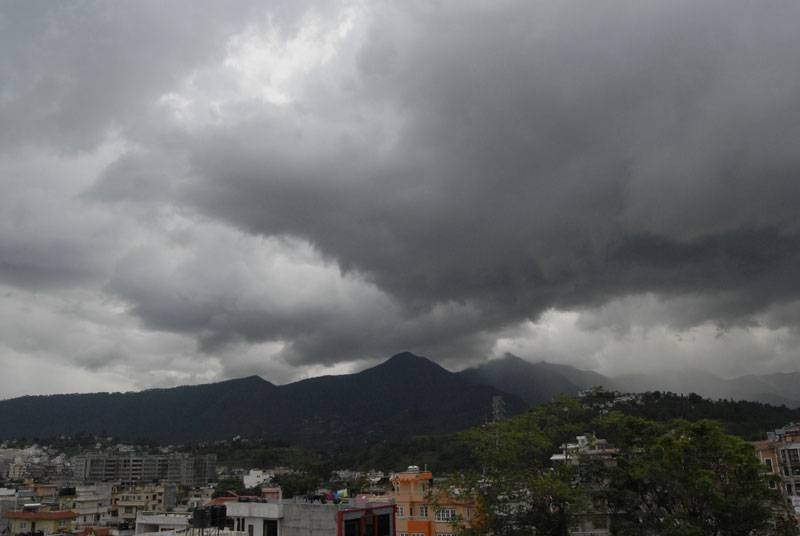Temperatures are expected to reach above 20 degrees next week across various areas in the UK and, while many people have been waiting for the warmer conditions to hit, experts have issued a warning to gardeners across the country. Homeowners are being urged keep an eye out on their gardens as the "mini heatwave" could mean an increased risk of garden fires. The experts from Enviroment Controls have revealed that certain weeds and Eucalyptus trees can become "highly flammable" in hot, dry conditions.
They also highlighted that later on in the year, plants such as Giant hogweed , Japaneese knotweed, Rhododendron, and Himalayan balsam become dry and brittle as their flowering season ends, leading them to also be flammable in hot, dry conditions, causing a serious risk. Darren Greatbatch, specalist advisory manager, explained: "These plants might look harmless, but when the heat hits, they can become a serious fire risk. They dry out fast, especially if they've been left out untreated and the stalks can ignite easily, especially if they are near fences, decking or sheds.

" Additionally, plants like Giant hogwood also release toxic sap that cause skin burns. Therefore, the plant should be completely avoided. Fortunately, sorting out this problem doesn't have to be a big job.
The experts shared five simple garden tricks to ensure it is a safe space where you can enjoy the sunshine. Gardens will be cooler, and the risk of invasive weeks drying out and becoming a hazard will drop. The first trick is to "soak" your garden if no water restrictions are in place, and it is best you do this in the early morning to ensure the moisture is locked in.
Midday watering is "mostly wasted" as it will just evaporate. Mulching is another hack, you can do this by adding a layer of bark or compost to help trap moisture in the soil, and keep roots cool. It will also slow down weed growth.
Creating shade in your garden is another means of preventing the risk. Simply use garden furniture or parasols to block the sun from any dry areas and overgrowth. Avoid piling up garden waste, as dried dead plants can quickly catch fire in the heat.
There are certain invasive plants that need to be removed by a specalists, therefore if in doubt, it's best to seek professional advice. Tackle the issue now. If you do have invasive plants its best to get it dealt with sooner rather than later.
.
Environment

Anyone with a garden urged to keep a close eye on 1 thing - 'serious fire risk'

As the temperatures are expected to increase, experts are warning homeowners of this one thing.















